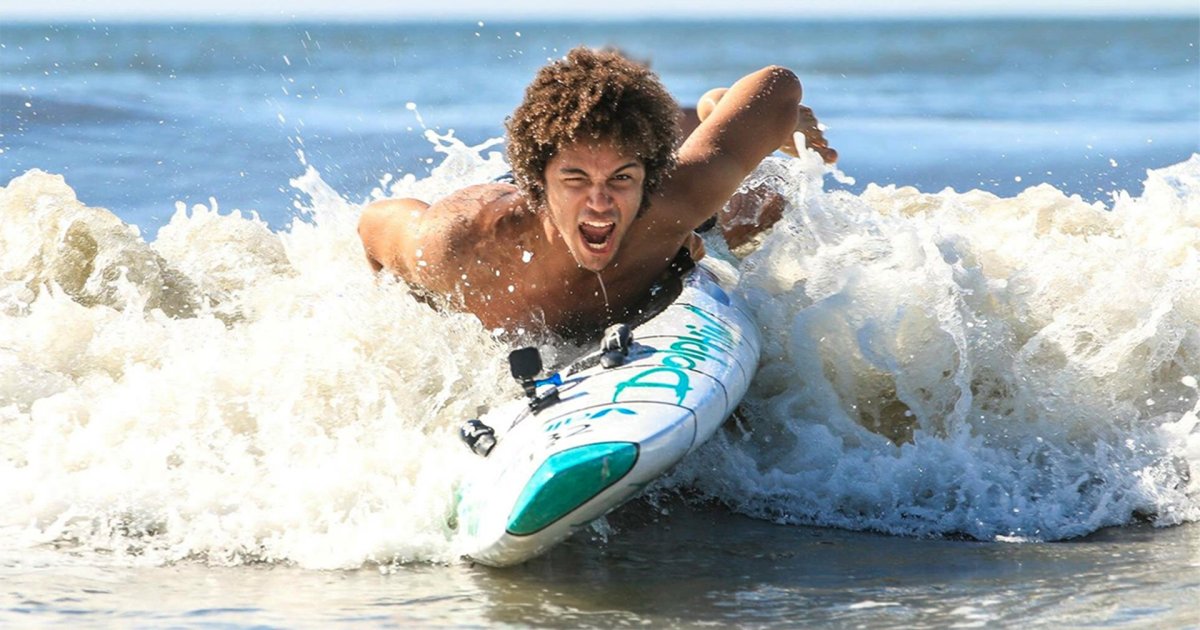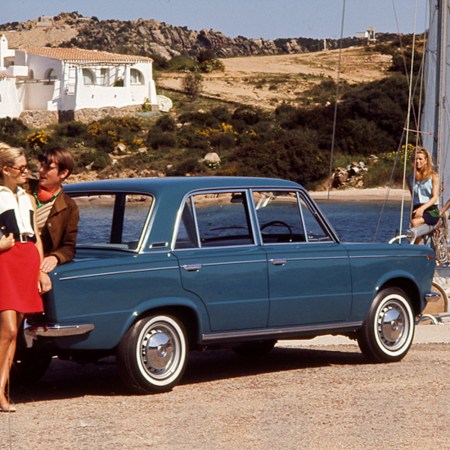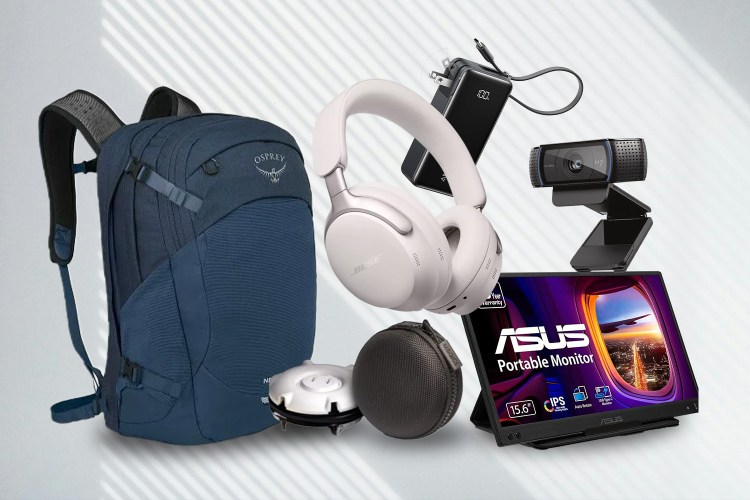The author hits the surf. (Photo: John Suhar; all others: Duval Culpepper)
Usually, the last thing you want to be doing at 7:42 AM, after a night of drinking under the decaying husk of The Trump Taj Mahal, is ocean rescue training with professional lifeguards. This, however, is exactly what I’ll be doing here at the Red Bull Surf + Rescue Competition in Atlantic City.
The event, in its second year, brings together 40 teams of New Jersey’s most elite Beach Patrols to battle through four rounds of competition, culminating in a shot at the title and prizes ranging from surf gear to a brand new Yamaha Jetski.
I’m greeted by Bruckner Chase, the Red Bull Surf + Rescue Technical Director. He’s an affable waterman with a warm grin and a demeanor that echoes the beach casual charm of Don Johnson’s Sonny Crockett. In addition to being an ocean lifeguard coach (and perhaps an undercover vice cop), he trains and competes internationally in surf life-saving sports and twice conquered the renowned Coolangatta Gold Surf Life Saving Iron Man in Australia. He also is steward of the seas, working through his Ocean Positive foundation to improve the health of oceans and the communities they connect with.
I and few other reporters have been invited to participate in an “Immersion Experience” this morning which has us simulating lifeguard rescue training by taking out a Dolphin surf craft for a 150-meter paddle, a classic Van Duyne surfboat for a 300-meter row, and finally a 100-meter swim out to the two turquoise Red Bull buoys floating in the distance. And back.
Somehow, an hour and a half later, with blue curaçao and tequila still raging through my veins from the previous night’s escapades, I complete these tasks without succumbing to the seas. Afterwards, Chase gives me some advice about how to tackle the summer beachgoing season like an expert.
SWIM NEAR A LIFEGUARD
“I mean it’s kind of a shade answer,” Chase concedes. “But swim near a lifeguard. If you’re going to a beach, look for guarded beaches. Yeah, there might be some more restrictions, but when things go wrong—which they can—you’re gonna be glad you’re there.”
He goes on to explain that it’s not just about someone pulling you out of the water if you find yourself needing help. It’s about what you do once you’re out. “Imagine you get rolled by a wave, you get a neck injury and you’re in the middle of nowhere,” Brucker warns. “What you do in those first few minutes is critical.”
BUT IF YOU’RE GONNA GO UNGUARDED…
Chase recognizes that many beach destinations are unguarded, like areas of the Outer Banks in North Carolina, and believes people should visit them. He advises though that if you do hit an unguarded beach, “Find out as much as you can about that water. NOAA is a great resource. They’re even starting to predict rip currents.”
But the other variable to know about is what’s living in the water. “This time of year [late July–August) is when Jellyfish start to bloom,” Chase says. “Find out what are the wildlife risks before you go in.”
NOAA IS GOOD…FOR THE MATHEMATICALLY INCLINED
The National Oceanic and Atmospheric Administration offers tons of raw data, he says, “But some of that stuff is hard to drill down to.” The solution? The app Swell Info provides you with a simple color-coded system for measuring surf conditions. PRO-TIP: Don’t just pay attention to the color rating. Make a note of how high the waves themselves are. “Sometimes it’ll be green and it’ll say 1 to 2 feet,” Chase explains. But with that same green level the waves can go up to 3 to 6. Pay attention to the details.
“YEAH, I KNOW HOW TO SWIM.”
Does everyone in your group really know how to swim? People tend to say yes, but there’s a variety of experience levels. Chase suggest you get specific, asking: “Okay, can you swim 500 meters from this shore all the way to that shore, across water that’s 90 feet deep, knowing that they’re might be all kinds of wildlife?” Then, he notes, “You might get a different response.”
WHAT TO DO WHEN THINGS GET HAIRY
Let’s say you get caught in a rip tide. “Number one word I tell people is: RELAX,” Chase stresses. “If you’re stressed out or rattled—it’s gonna affect your ability to perform. Slow is fast.”
Still, all the meditation and Patrick Swayze Zen-on-the-Beach in the world won’t help much if you’re simply exhausted. In that situation, Chase instructs, “Roll over on your back, get your face above the water and rest.”
BECAUSE THE LAND IS THE NOT THE SEA…
You may consider yourself to be in good shape. But there’s a difference between “land fit” and “ocean fit.” Chase explains: “People are used to judging their effort and their exertion levels based on land, when they can see things moving past them. They can see the road move underneath them.” There’s a psychological element of progress that you can innately measure on land. However, the ocean can be disorienting and throw off even the most athletic person. “A lot of people end up fighting the water. Let the water do the work for you,” he says.
SEE SOMEONE IN TROUBLE? CALL 911
If you’re observing someone in trouble from the shore? “Don’t risk it,” Bruckner says. Despite your best intentions, he cautions that putting another body out in adverse water conditions might do more harm than good unless you’re adequately prepared. “Don’t go charging out there without a Rescue Can, without backup — or now there’s two people lost out there.” Instead, Bruckner suggests calling 911.
CHOOSE THE PROPER FUEL
Watching the lifeguard event, I’ve seen mythological levels of strength, endurance and mental focus, which makes me wonder if there’s some magic serum all these lifeguards consume. Naturally, there is. “When I’m racing I use stuff from GU Energy Labs because a lot of its gel and liquid based,” Chase says. “In aquatic sports, liquid stuff is kind of critical because you can do it quick and it doesn’t disrupt your speed across water.”
But is there is a strict dietary code that you must obey in order to be able to perform like he does? “Once I get back to shore I’d like to say I’m purely organic,” Chase says with a smile. “But really it’s just about calories to fuel the machine. Hunger is hunger. I’ll eat a Big Mac—if I have to.”
A TRAINING PHILOSOPHY
The key philosophical elements of being a lifeguard, Bruckner says are, “Balance, Power, and Peace.” This isn’t just beefcakes and beach babes showing off their tans. This is a lifestyle that has deep history and personal meaning for the people in involved.
“There needs to be balance,” Chase emphasizes again with a sage intensity. “One extreme or the other, you’re gonna find yourself in a situation you didn’t anticipate. I’ve been on swims where we planned everything to the Nth degree but as soon as you step on that beach…you never know what you’re gonna get.”
WE CAN BE (OCEAN) HEROES
Out the window, I see teams of New Jersey’s most elite Beach Patrols sprinting down the shore for a 400-meter run. Then they all pile into rescue boats for a 700-meter doubles row. It’s brutal.
But for Chase, it isn’t just a sport or a competition. “What we do in the ocean makes us athletes,” he says. “What we do for the ocean and for our community is what makes us watermen and waterwomen. Being a lifeguard, he adds, involves protecting the ocean as well as the people swimming in it.
For more information, check out Red Bull Surf + Rescue Competition and www.brucknerchase.com
Whether you’re looking to get into shape, or just get out of a funk, The Charge has got you covered. Sign up for our new wellness newsletter today.
























